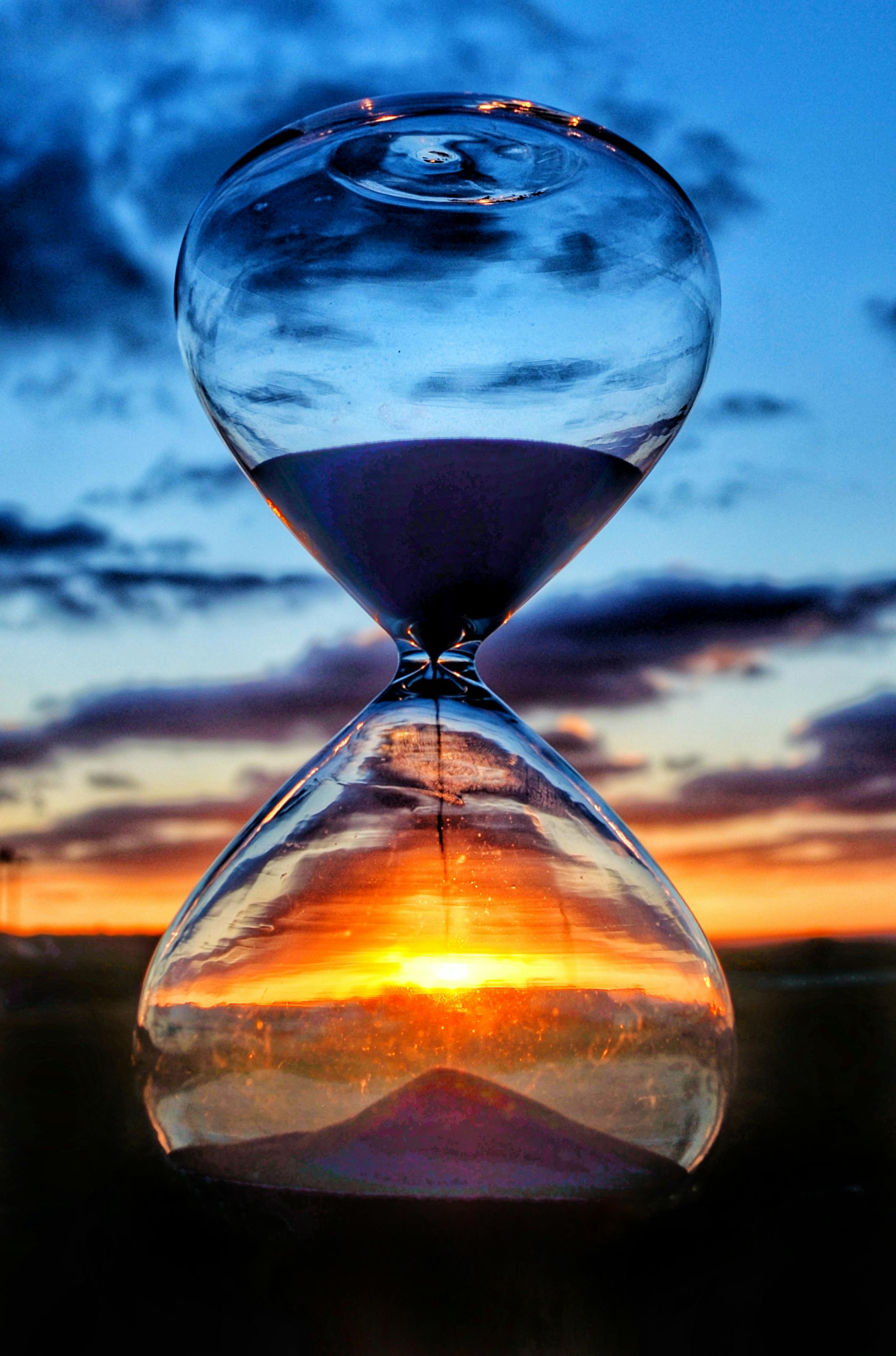Clocks are kind of strange if you think about it. Unlike other forms of measurement, such as heat gauges or speedometers, clocks are the only reason the thing they measure exists at all. Think about it. When you look at a thermometer, it tells you a certain heat reading. That heat exists. It is tangible, and whether or not that little tube of glass says 75 degrees, it will continue to exist. However, when held to the same standard, clocks can’t really say the same.
Sure they measure this thing we call time, but what is that really? The only thing that makes a clock accurate is other clocks, and other clocks before them. That trail can be traced the whole way back to the first timepiece ever invented, but then it stops. If we’re being honest, measuring time is just carrying on the legacy of the first dude that ever said “I declare this to be the first 10:15 pm ever! When I’m done with 60 of these things I call seconds, it will be 10:16! This is life now!” And yet, however many centuries later, we let it influence us more than nearly anything else.

We count every second of every minute of every hour, adhering zealously to our schedules. Sometimes time holds us back, sometimes it pushes us too far. It has the same level of influence on the most powerful person in the world as it does to the most insignificant. We bend over backwards in order to stay within the boundaries of time. Without it, I think life would enter a state of chaos. All of that, for something that doesn’t technically exist.
This little thought experiment of mine would never have really mattered to me before last year. Back then, it was easy to just live life. Go to school, take some tests here and there, do your homework in fifteen minutes when you get home, and take the rest of that time you have just lying there to go do something. Or don’t! Nobody was going to judge you.
And then sophomore year happened. Depending on who you ask, it was the first year that really sideswept a lot of me and my classmates. Classes got harder. Much harder if we’re being honest. Suddenly razor-precise personal management became essential to survive.
One of my first experiences in this newfound jungle of tomfoolery was also one I would remember the most. On my second day of school, I walked into my first block of AP US History. I’d heard rumors of the great Mr. Ed Mazur, but I honestly had no idea what to expect. Turns out, there was no way I could’ve expected who walked through that door once the bell rang.
Most of you ended up meeting him at some point, so I won’t describe too much (which is good because I’m not totally sure what words would do that guy justice) but I will say this. He perched himself up on his signature front desk, put his face in his hand to the point where half of his head was obstructed, and told us he was going to write a number on the chalkboard that would pretty much decide our whole year.
Not really waiting for much response, he did as he’d promised and scrawled out a loopy “168.” Nobody understood it right off the bat. So, he turned to the class and said “this is how many hours are in a week. And, as you take this course, that number is gonna seem smaller and smaller.”
In all fairness, the man knew how to intimidate some unsuspecting sophomores. Two kids dropped out of the class the next day, and the rest of us were fairly nervous. And while the class wasn’t the total mind-killer we’d been promised, that quote stuck with me. Why? Because it was the truest thing I’d hear within the four cream-colored walls of that classroom. And yes, that is including the 300 years of historical fact we covered throughout the year.
Suddenly, there really wasn’t as much time in a week as I’d thought. I’d always figured if I stay up late enough, I can get everything done that needs to be done. Just make some time, push a little bit harder, and it’ll be all handled. Pretty quickly, I found out that wasn’t the case.
Ever since that day, I’ve been bartering with that number. With clocks. With that thing we call time. It has meant its fair share of life lessons, hardships, and eventual triumphs. It’s made me rethink my day-to-day process. Sometimes it’s great, sometimes it makes me want to relieve myself of my head with an old butterknife. But no matter what, that week doesn’t get any longer.
So if anything was to be gleaned from the man in the APUSH room, it’s the fact that 168 hours is a very dangerous, very unassuming, very real, number. And no matter how much we try and make it longer or shorter, it isn’t gonna relent now.
Cheers, Mr. Mazur.








